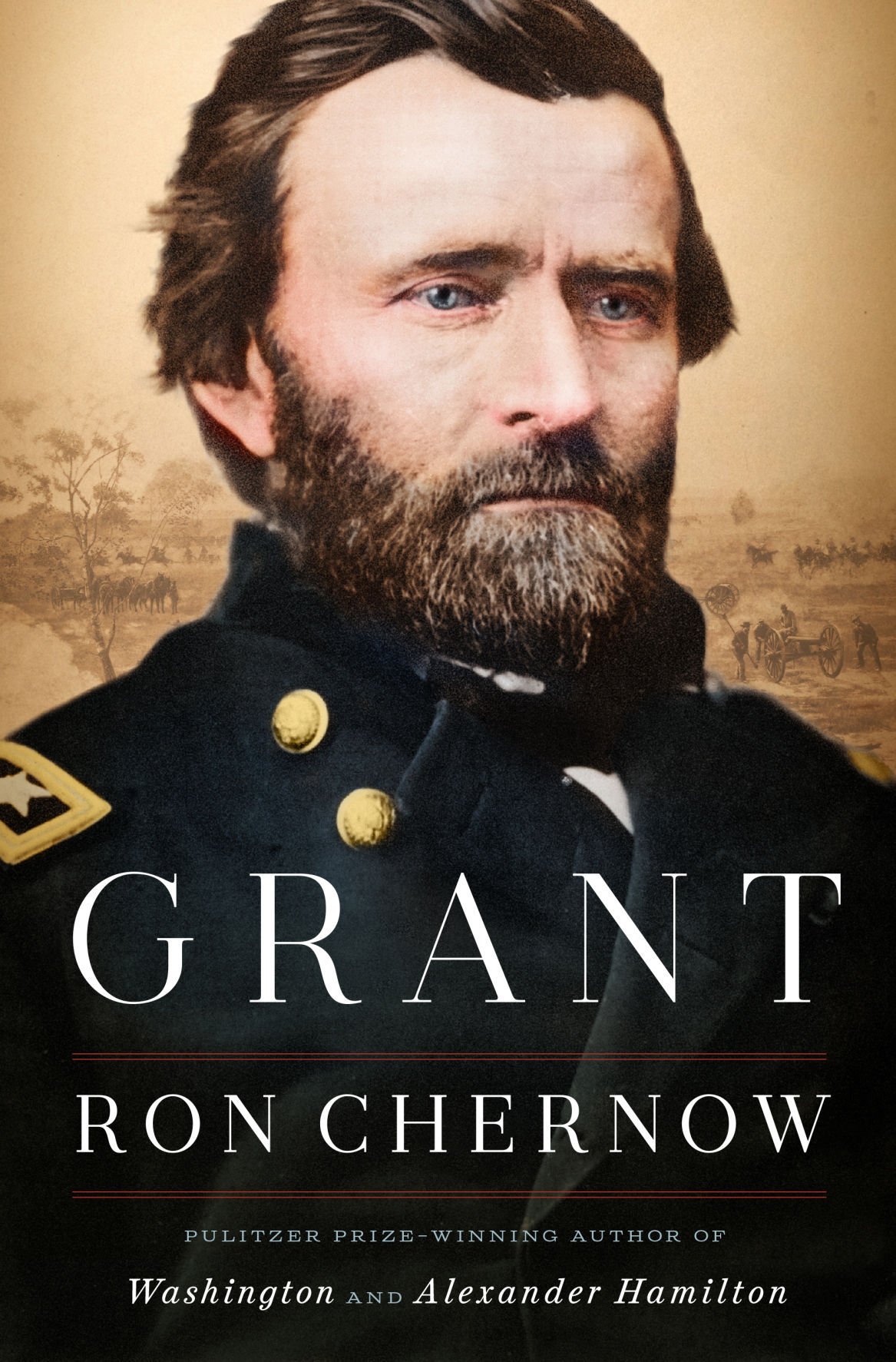His End
As with all the biographies that I read, I am taken aback at ending each one. To read a cradle to grave biography is one thing, and it's a daunting task for sure, but reading about the painful and excruciating death of a person and reading of the family afterwards is heart-wrenching. Ulysses Grant's death was exactly that.
And, apologies for starting this review with the death of Grant, but this is how his story ends. Being diagnosed with a cancer of the throat and mouth in the late 1800s is as terrible as it is nowadays, but to hear the torture that Grant experienced was terrible. From not being able to speak because of the pain, or not being able to eat or drink because of the pain, a torturous existence is how Grant had to end.
Writing a note to a Reverend Newman, "I have no desire to live", as his throat was filled with thick ropes of phlegm that caused the terrifying sensation of being strangled. Even Grant thought that was how he would succumb. And that is why, these cradle to grave biographies are so heart-wrenching and saddening to read. You read the life of someone and you grow almost close with them as you are reading about their life and you see it all. The beginning and the brutal end. It's hard and it's great.
The Author, Ron Chernow
Ron Chernow has entered the esteemed rank and file of one of the best writers that I have ever read. That list includes the likes of J.R.R. Tolkien, Brandon Sanderson, Robert Jordan, Stephen King, and many more fiction writers. You can see I mostly read fantasy fiction, but I have been reading more non-fiction this year and last and I have been incredibly blessed to read Ron Chernow for one. Superb prose, I hope one day I can use the vocabulary used by Chernow in my daily conversation! I think I need to buy a dictionary though, or a thesaurus. The transcendent Chernow!
Grant's Life
This biography has really done an impeccable job describing Grant at all stages in his life. From his childhood, to his start at West Point, to Brigadier General in the Northern Union Army during the Civil War, to the President of the United States (the 18th president, 1869-1877), to cancer-ridden memoir author.
We see a determined Grant, through it all, trying to do his best in every situation. As stalwart and often gullible, he was a man of his word, and his word was straight and to the point. One of the most honorable men to have graced the American pantheon.
Grant is often described as an excessive drinker, loser, and inept businessman. Chernow looked to forestall all those claims by doing some amazing research and showing the world who Grant really was. You'll see as you read this biography, how often the drinking comes up as a criticism of Grant, often unfounded. Chernow expertly crafts the narrative to show that Grant became the master of his vice. Grant, often having an upturned glass at parties or dinners that would typically be accompanied by drinking. Grant's wife, Julia Grant née Dent, once instructed an aide to sell a stockpile of alcohol stored in the cellar of a house gifted to the Grants after the war, allowing the aide to keep the proceeds to prevent Grant from drinking.
Grant was, however, an excessive cigar smoker. Smoking upwards of 20 cigars a day, during the Civil War. After the war, and as a man of some prestige, cut that vice down to about 10 per day, which might've been the cause for the throat and mouth cancer.
I feel as if I'm just writing a few quick recaps of Grant's life, but there is so much to Grant that I cannot get into in this review, I urge you to read this biography-- it is something special. A must read.

